UK set for groundbreaking underground observatory in Cheshire
The UK Geoenergy Observatories project will deliver a second underground observatory for the UK after it was granted planning permission on Wednesday 9 February.
09/02/2022 By BGS Press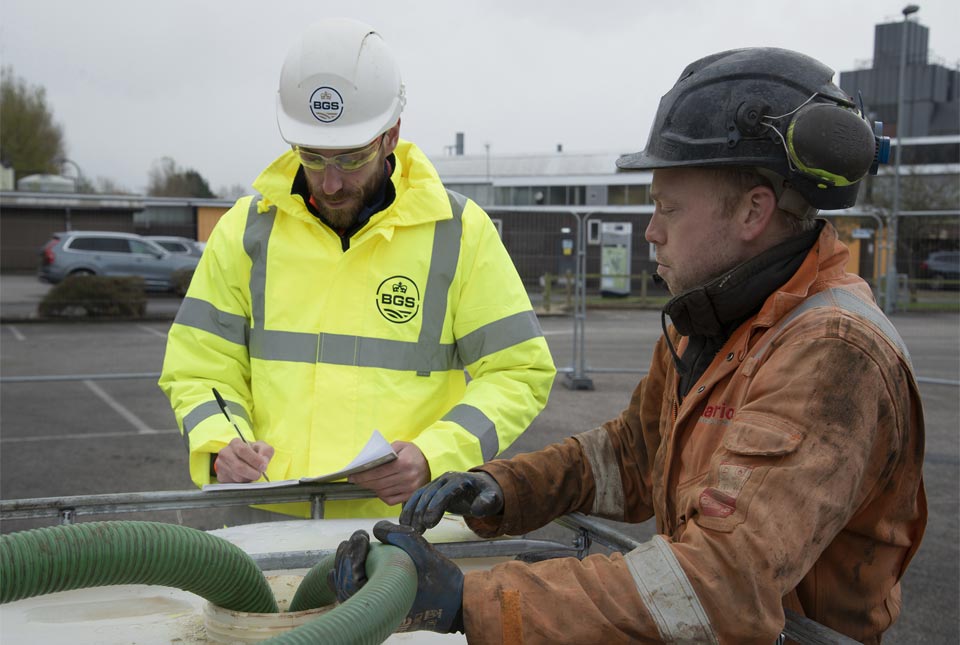
The Cheshire Observatory in the University of Chester’s Thornton Science Park was approved by Cheshire West and Chester Council.
This means the £31 million project will be delivered in full by 2024. The Glasgow Observatory is already operational and providing open data for scientists and researchers.
Together, the Geoenergy Observatories will provide scientists with at- scale test facilities that can be used to optimise and de-risk a range of subsurface energy technologies. They will increase the UK’s research and innovation in low-carbon energy supply and storage
Subsurface energy storage
The Cheshire Observatory will comprise a network of 21 boreholes up to 100m deep. It will provide world-class research facilities for geoenergy storage scientists and innovators.
The boreholes will be equipped with a range of subsurface technologies including borehole heat exchangers for heating and cooling of the subsurface, advanced sensors for 3D imaging of subsurface processes in real-time, and equipment for multilevel groundwater monitoring and hydraulic control.
Data will be free and open to the public, public bodies, researchers and industry.
Construction will begin in summer 2022
Now that planning permission has been granted, construction is expected to start in summer 2022.
The project team has issued a tender for the principal contractor to build the Cheshire site.
If the UK is to meet its net zero targets, we need to balance renewable energy supply and demand and reduce our dependency on gas for heating.
The Cheshire Observatory will be a place where developers of geoenergy supply and storage technologies can work together to create high performance systems and understand how these interact with the subsurface environment.
It will complement the Glasgow Observatory, which is already providing important insights into how thermal energy in flooded former coal mine workings can be used for the heating of buildings.
This world-class facility will be open to users globally and will play a key role in our path towards a net zero energy future.
Dr Mike Spence, science director of the UK Geoenergy Observatories.
Sign up for the newsletter for updates.
Media contact: Sarah McDaid (sarah@mcdaidpr.co.uk/ 07866789688).
Relative topics
Related news
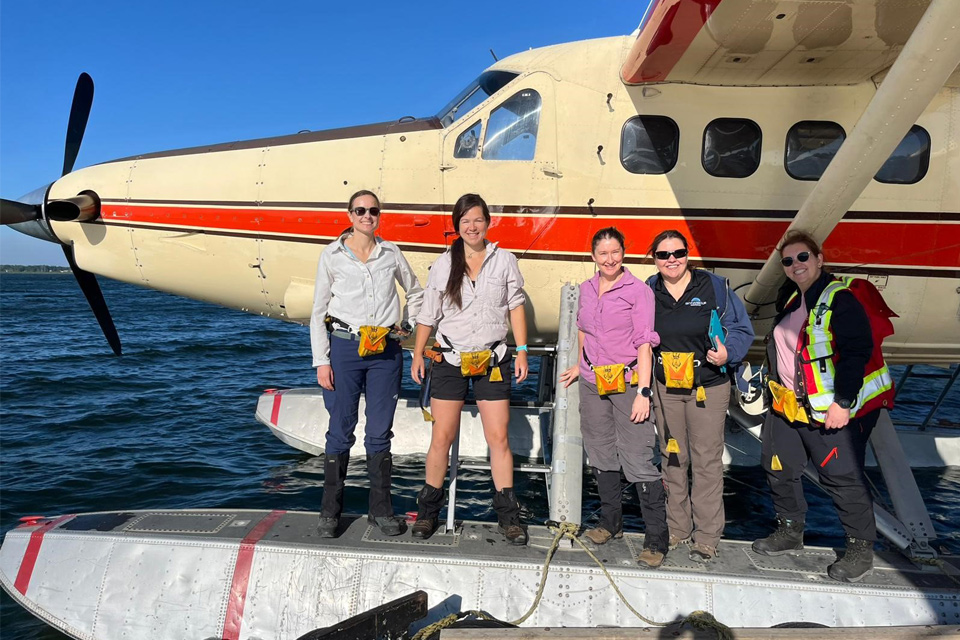
Funding awarded to UK/Canadian critical mineral research projects
08/07/2025
BGS is part of a groundbreaking science partnership aiming to improve critical minerals mining and supply chains.
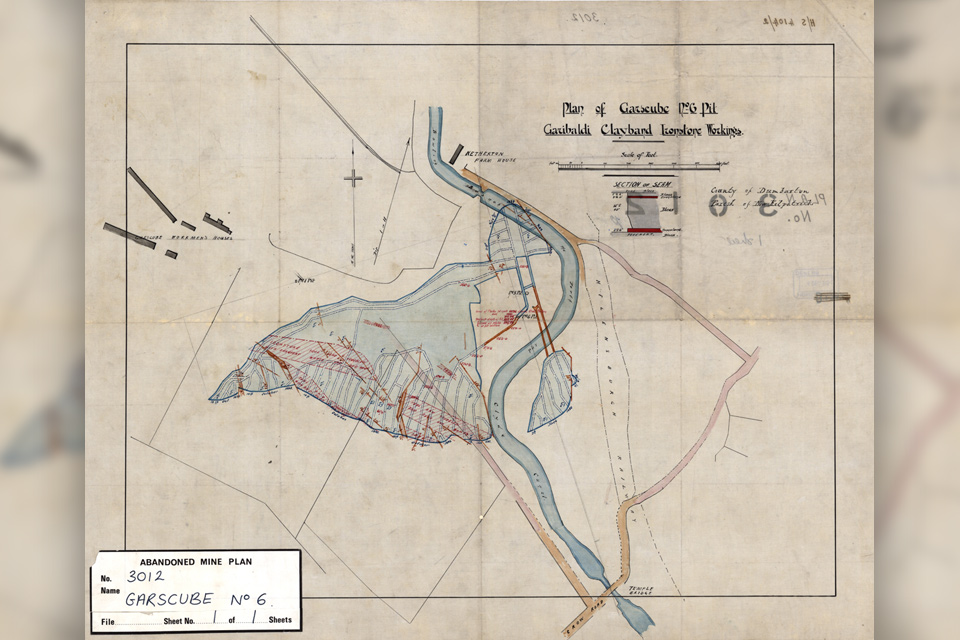
Release of over 500 Scottish abandoned-mine plans
24/06/2025
The historical plans cover non-coal mines that were abandoned pre-1980 and are available through BGS’s plans viewer.
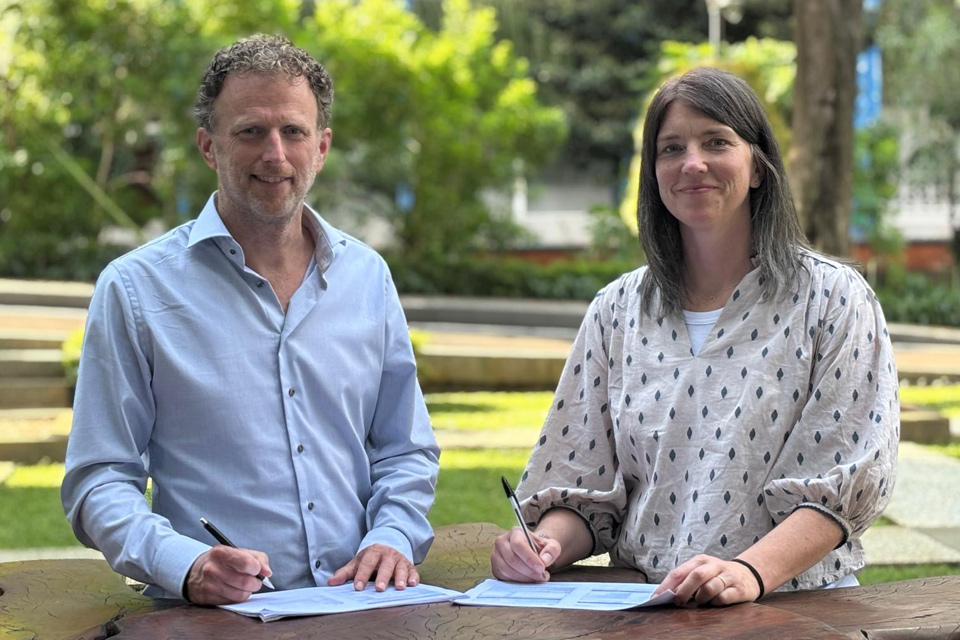
New collaboration aims to improve availability of real-time hazard impact data
19/06/2025
BGS has signed a memorandum of understanding with FloodTags to collaborate on the use of large language models to improve real-time monitoring of geological hazards and their impacts.
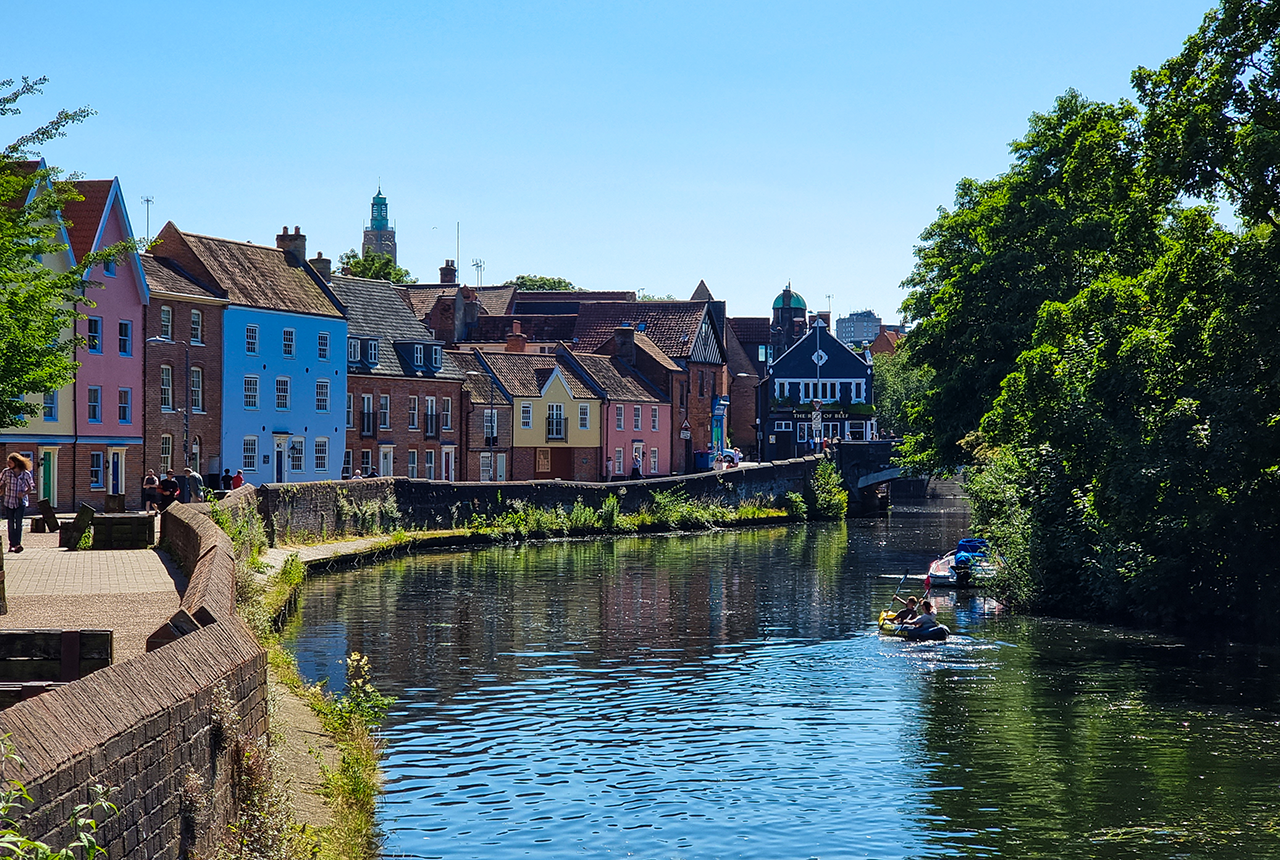
Modern pesticides found in UK rivers could pose risk to aquatic life
17/06/2025
New research shows that modern pesticides used in agriculture and veterinary medicines have been found for the first time in English rivers.

Goldilocks zones: ‘geological super regions’ set to drive annual £40 billion investment in jobs and economic growth
10/06/2025
Eight UK regions identified as ‘just right’ in terms of geological conditions to drive the country’s net zero energy ambitions.
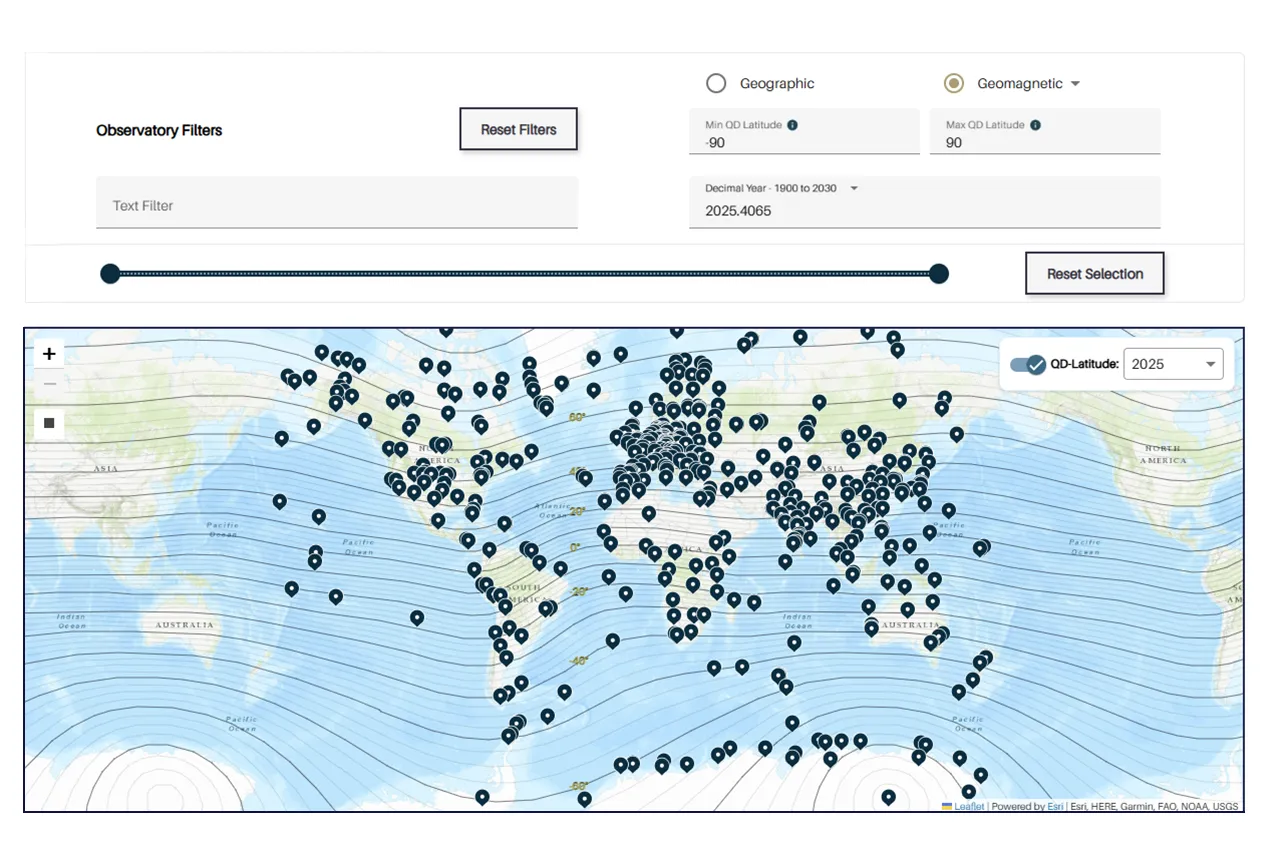
Upgraded web portal improves access to geomagnetism data
02/06/2025
BGS’s geomagnetism portal, which holds data for over 570 observatories across the world, has received a significant update.

BGS digital geology maps: we want your feedback
29/05/2025
BGS is asking for user feedback on its digital geological map datasets to improve data content and delivery.

What is the impact of drought on temperate soils?
22/05/2025
A new BGS review pulls together key information on the impact of drought on temperate soils and the further research needed to fully understand it.
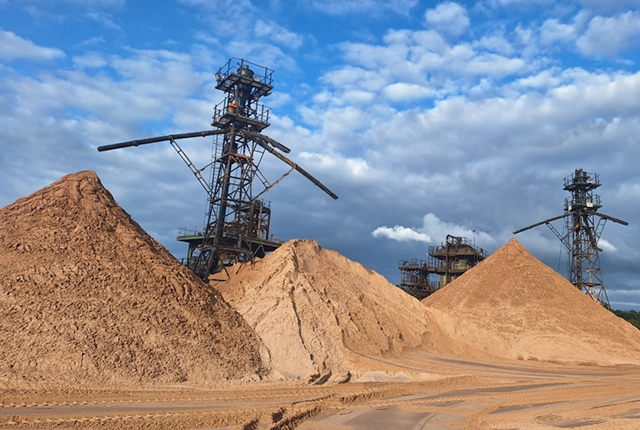
UK Minerals Yearbook 2024 released
21/05/2025
The annual publication provides essential information about the production, consumption and trade of UK minerals up to 2024.

BGS scientists join international expedition off the coast of New England
20/05/2025
Latest IODP research project investigates freshened water under the ocean floor.

New interactive map viewer reveals growing capacity and rare earth element content of UK wind farms
16/05/2025
BGS’s new tool highlights the development of wind energy installations over time, along with their magnet and rare earth content.

UKRI announce new Chair of the BGS Board
01/05/2025
Prof Paul Monks CB will step into the role later this year.



